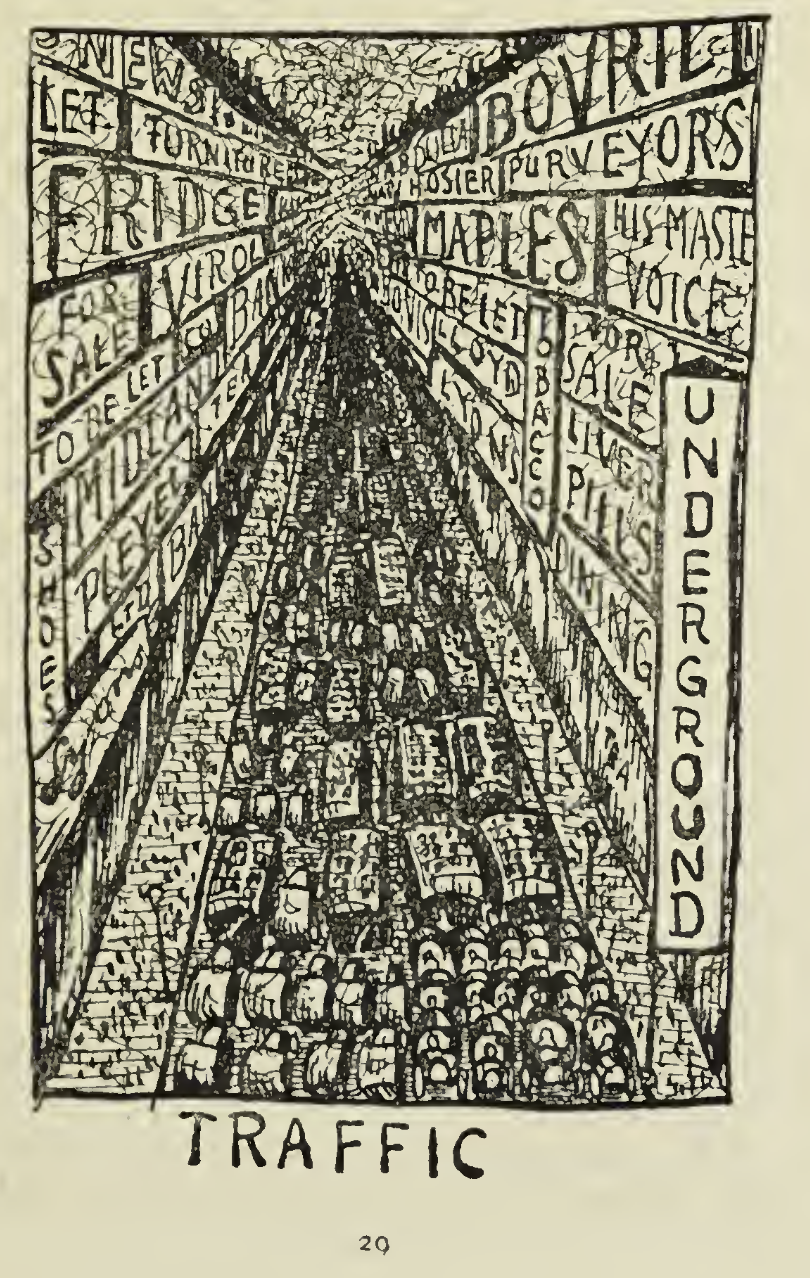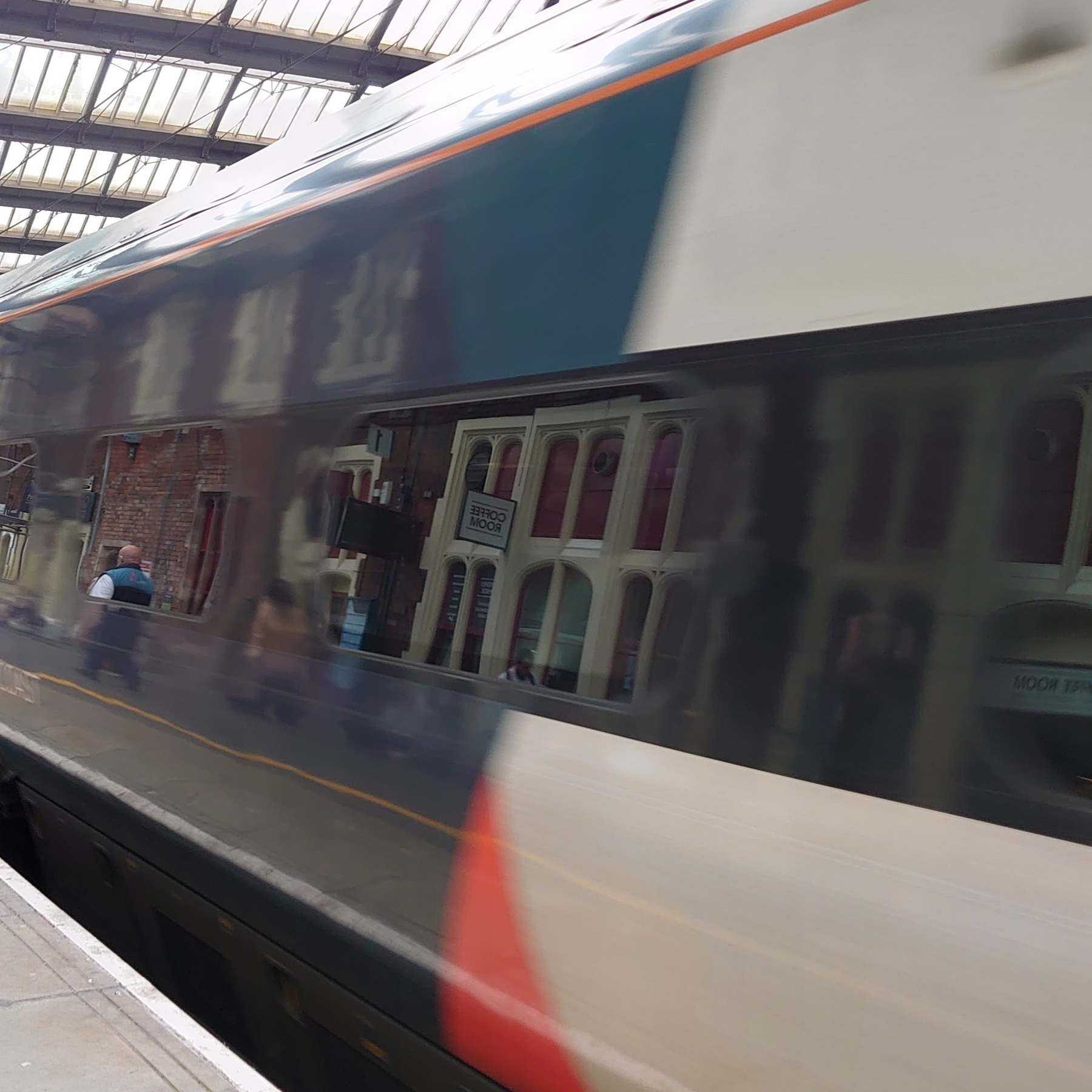Now that I have gained a few weeks' experience in commuting to work by bike and train, I am rediscovering for myself the… well, if not “joys,” then at least the variety of waiting.
As I see it, there are various modes of waiting. Today’s, as I jot these first notes whilst waiting in the morning sun for the delayed S-Bahn to Mannheim, is of calm reflection, in which I feel inspired to reflect and to write. I feel affection for my fellow waiters and travellers-on-hold: the bearded guy with a folding bike who often boards the same train as me; on the opposite platform a business lady in a red coat, another, older, less formally attired lady stopping and starting, pulling a large suitcase behind her in an apparent search for shade: all exuding calm and waiting patiently, in their own ways - at least, as I perceive it.
Away from my “inspirational” example of the station platform, there is the nervous-distracted wait before doctors appointments, tests or exams, or - (I can’t even imagine) - before battle; and there is the bored-distracted wait, where you can’t start what you want to, either because you don’t have what you would need for that task to hand, or you don’t feel like you have the time to start and then to switch contexts back to what you were actually waiting for.
Impatience during a wait can also be exacerbated by hunger and temporarily becalmed by snacking or drinking.
Of these, this one the first one, from this morning’s is the one I like the most. Observing and writing, before the editing, feeling comfortably awake and mildly creative, fulfilling a duty to do whilst also, especially in the case of a blog, preparing something for others to while away some of their own time, too, hopefully waiting, but not bored.
Waiting is emotional
There are other modes of waiting, clearly, each with their own set of emotions: the desperate, hectic stress with the same cause - late departures - as my meditative acceptance, but with perhaps more riding on the time than just a later start at work: missed meetings, a task just bursting to be started, or, later in the day, a concert or a date missed.
There’s also the less frantic, but innerly turbulent, distracted, unconcentrated, unfocussed, unproductive wait on a busy platform, tainted by secondary cigarette smoke and incessant announcements in that indistinct but overdriven fashion of station audio systems that all prevent you from reading or listening to your podcast.
Waiting is nearly always uninfluencable
It’s worth pointing out that waiting doesn’t have to be stationary, either. The travelling, semi-active wait on the train, bus or plane can be equally frustrating, even if everything is on time. You have no influence on outcomes, only on the occupation of the mind. It’s the same as a driver, too: you can feel as if you’re in a bit more control, but that, too, is limited: the best that can be said for driving is that you’re occupied.
If you do end up in a pit of frustration at waiting, it’s nearly always because you simply can’t do anything about it. The train will come when it comes, the traffic jam will clear when it clears, whatever you do, however much you fret or rage.
It feels strangely horrible to write this, but zen or stoic reflection can help dampen these feelings, and the (in the original sense) epicurean search for finding joy in the things and people around you, that share the universe’s atoms and matter, can help to redirect some of that “energy” to more pleasurable modes, as long as you catch yourself early enough
In some instances you can cycle though modes by focussing your mind with some form of meditation, or you can try out various activities to settle things down mentally again. I personally find it nearly impossible to filter out other noise or conversations, so anything involving language doesn’t work so well for me, but if it works for you, then listening to podcasts or music, jotting notes or reading, perhaps gaming on some device or other, on simply becoming more aware of your surroundings, by people-watching, studying the architecture, and so on, can all help to shift you from your frustration. Headphones are for me no guarantee that I won’t have my reverie disrupted by announcements or other conversations, but by putting you in a new environment, they can help.
Make the wait an experience
I suppose the corollary of this is to remove as much passivity from waiting as possible and to turn it into an experience: be aware of your surroundings and of your emotions, find interest and appreciation in as much as you can, and turn it all into part of your story, your life.


 Back from MAN via a 6am flight, following yesterday's 7:30am (CET) flight from FRA, trains to Stoke, taxi to Newcastle-Under-Lyme, a lift to Alsager, then car and trains to Manchester again - all for Tom Parry's funeral, a sadly wonderful day of meeting up and reminiscing.
Back from MAN via a 6am flight, following yesterday's 7:30am (CET) flight from FRA, trains to Stoke, taxi to Newcastle-Under-Lyme, a lift to Alsager, then car and trains to Manchester again - all for Tom Parry's funeral, a sadly wonderful day of meeting up and reminiscing.
